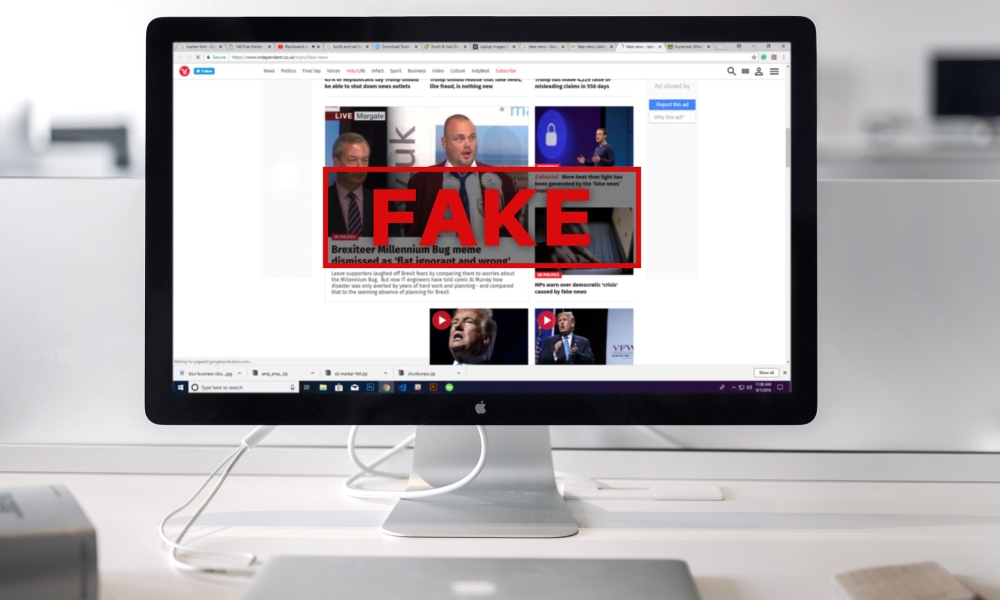The recent shifts in the media ecosystem have raised new concerns about the vulnerability of democratic societies to fake news and the public's limited ability to contain it. Fake news as a form of information benefits from the fact pace of information dissemination across social media platforms. The relatively small but constantly changing sources of fake news offers a challenge to both algorithms and socio-technical interventions.
Highlights:
- The research offered a series of counter-misinformation measures to reduce fake news which include offering feedback to users that particular news may be fake, provide ideologically aligned sources to confirm fake news, detect information by bots or 'cyborgs' accounts, and identify fake news sources.
- The three courses of action identified for the immediate future include involving more conservative leaning individuals in the discussion against misinformation in politics, collaborating more closely with journalists and developing multi-disciplinary resources for academic research.
- As future steps, the research suggests we must expand the study of social and cognitive interventions that minimise the effects of misinformation. Additional research also needs to be done on the role of Google, YouTube, Facebook, and Twitter in facilitating the spread of misinformation.

